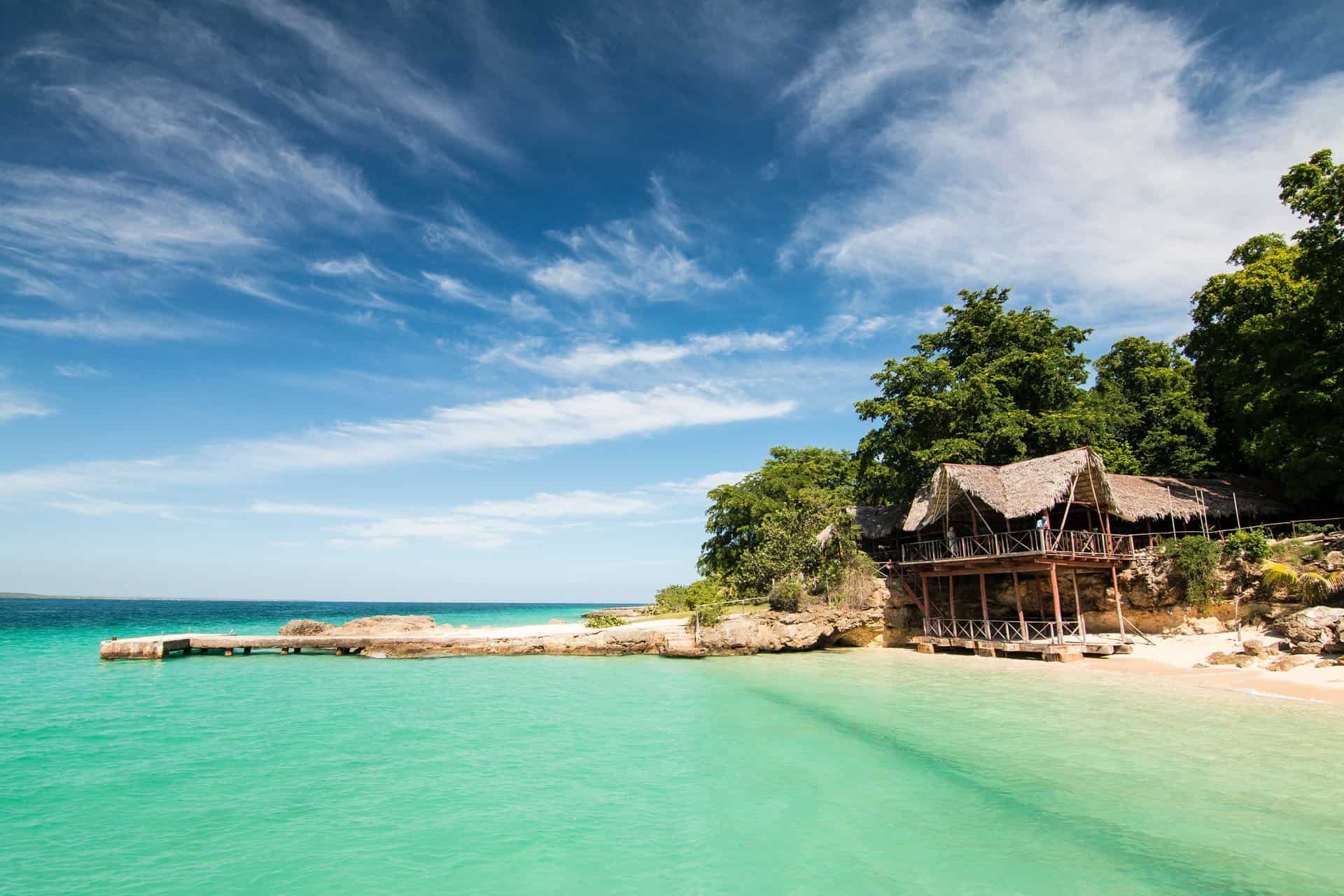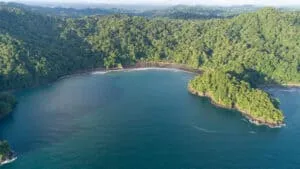
A 45-minute zip up the coast, Morromico Lodge sits on the edge of the Utria National Park on a black sand beach amidst soaring palms, tumbling waterfalls & pristine tropical rainforest.
A river passes through the property bringing fresh filtered water from the mountains for drinking & washing. Lemons, coconut, banana, cacao, papaya, pineapple, guanabana & sapote grow in profusion.
What we love about Morromico Lodge
- Built almost entirely from choibá, one of the tallest trees in the jungle, Morromico Lodge is highly sustainable
- There are four simple but comfortable rooms with double beds, en-suite bathrooms, a hammock & views over the Pacific.
- The private cabaña, set slightly away from the main house, is our favourite option
- There’s no wifi or phone signal, making it a perfect place to switch off
- A family-run operation, Melisa & her brother Pablo host guests & act as guides
- Every meal is an ode to the region’s stunning gastronomy: soups, fresh fish, coconut rice, patacones, frijoles, arepas & myriad fruit & vegetables from the garden
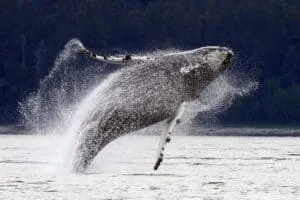
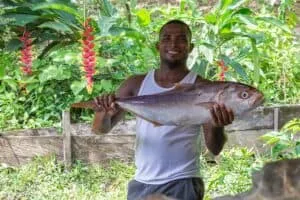
There is time to read, loll in a hammock & swim, as well as visits to the Utria National Park (a must) & a local indigenous community.
The lodge can arrange cooking or surf classes, snorkelling, kayaking, paddle boarding, fishing expeditions & boat rides through mangroves.
Experienced divers (January through March) can spot bottle-nosed dolphins, sailfish, manta rays, giant red snappers, barracudas, schools of tuna, Leatherback sea turtles & whale sharks. In season, there is even the possibility of diving with humpbacks.
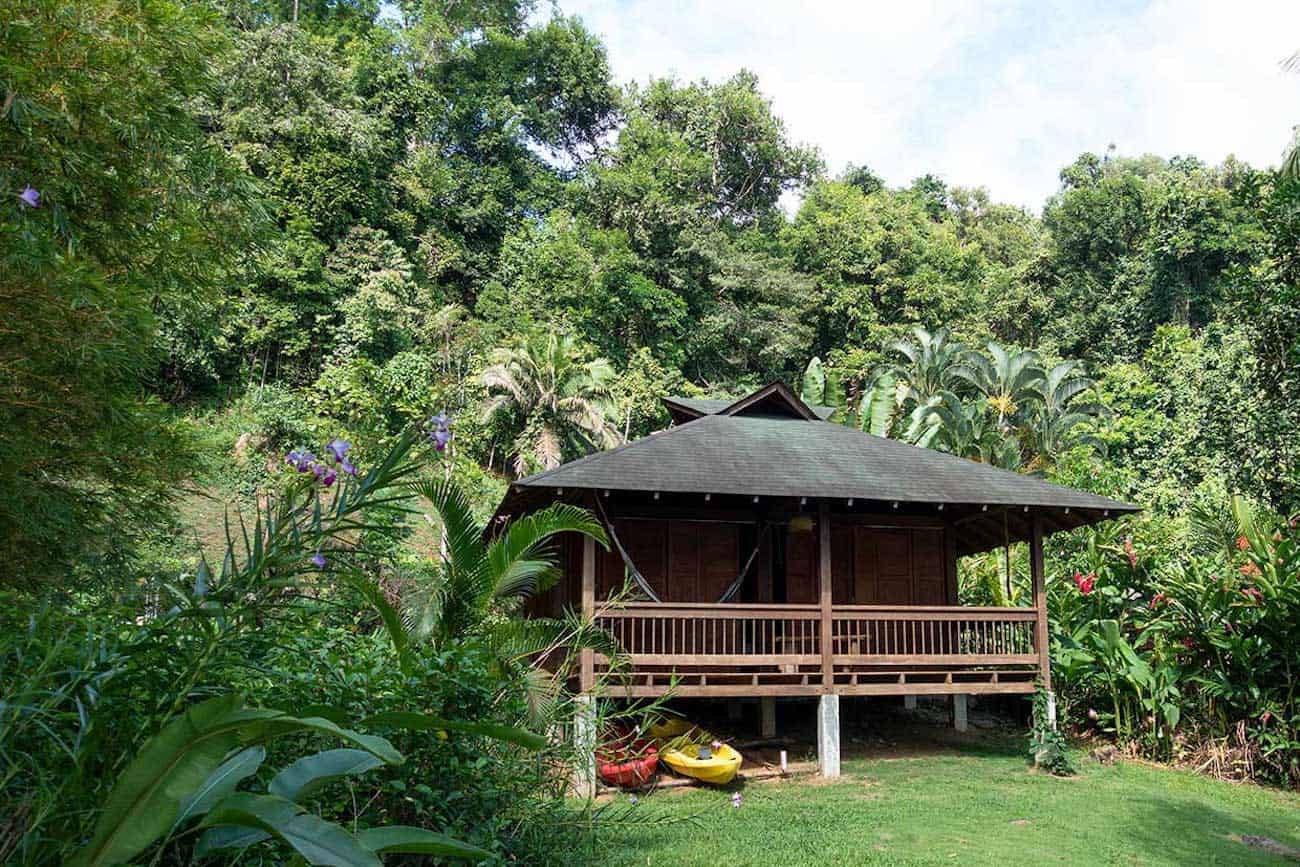
The nearest airport to Morromico is Reyes Murillo Airport in Nuquí. Guests can fly from Medellin to Nuquí.
Morromico provides a boat transfer service from Nuquí Airport to and from the lodge (about 45 minutes each way).
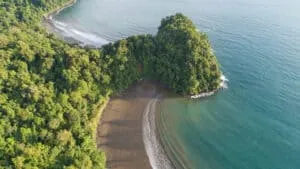
When
to Travel
The sunniest & driest months are January to April & the rainy season is October to early December.
Rainfall in this region is one of the highest in the world, which is why biodiversity is so abundant.
INQUIRE NOW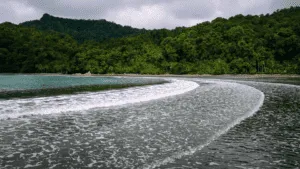
LONDON OFFICE
+44 (0)20 7993 6930US OFFICE
+1 646 688 2317Let’s Start Planning
"*" indicates required fields
